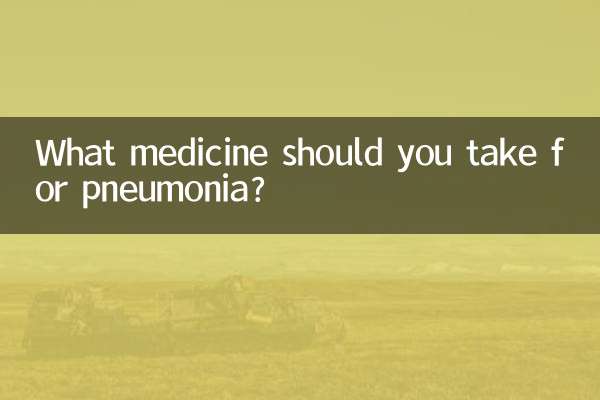What shouldn’t be eaten with tics?
Tics are a neurological disorder characterized by involuntary movement or vocal tics. Diet plays an important role in the management of tics, and certain foods may worsen symptoms. The following is a list of foods that patients with tics should avoid, as well as relevant scientific basis, compiled based on hot topics and content on the Internet in the past 10 days.
1. Foods that patients with tics should avoid

| food category | specific food | possible impact |
|---|---|---|
| Caffeine | Coffee, strong tea, cola, energy drinks | Caffeine stimulates the nervous system and may worsen tic symptoms |
| High sugar foods | Candies, cakes, sugary drinks | Excessive sugar intake may cause blood sugar fluctuations and affect neurological stability |
| artificial additives | Preservatives, artificial colors, monosodium glutamate (MSG) | These additives may trigger allergies or increased nervous excitability |
| dairy products | milk, cheese, ice cream | Some patients are sensitive to lactose or casein, which may aggravate symptoms |
| high fat food | Fried food, fatty meat, fast food | A high-fat diet may affect intestinal health and indirectly worsen tics |
| Allergen foods | Peanuts, eggs, seafood (depending on individual circumstances) | Allergic reactions may trigger or worsen tic symptoms |
2. Scientific basis and expert advice
According to recent research, the relationship between tics and diet is mainly reflected in the following aspects:
1.neuroexcitatory substances: Caffeine and artificial additives (such as MSG) may directly stimulate the central nervous system, causing increased tic frequency. Experts recommend reducing or avoiding these foods.
2.gut health: In recent years, studies have found that intestinal flora is closely related to the nervous system. High-sugar and high-fat diets may disrupt the balance of intestinal flora and indirectly affect tic symptoms. It is recommended to increase dietary fiber intake, such as vegetables, whole grains, etc.
3.Allergies and Sensitivities: Some people with tics are sensitive to certain foods, such as dairy or gluten. Recording the relationship between foods and symptoms through a food diary can help identify individualized food taboos.
3. Recommendations for alternative diets
| Recommended food | Benefits |
|---|---|
| Foods rich in magnesium | Such as spinach, nuts, dark chocolate, help relax nerves |
| Omega-3 fatty acids | Such as deep-sea fish and flaxseed, which can reduce inflammation |
| low sugar fruits | Such as blueberries and strawberries, which provide antioxidants |
| whole grains | Such as oats and brown rice to stabilize blood sugar levels |
4. Summary
Dietary management of tics requires individualized adjustments, but avoiding caffeine, high-sugar foods, artificial additives, etc. is generally recommended. Parents and patients can find the most suitable diet plan by recording changes in diet and symptoms. Also, increasing foods rich in magnesium and Omega-3s may help relieve symptoms. For further guidance, it is recommended to consult a professional nutritionist or doctor.
Through scientific dietary adjustments, patients with tics can better control their symptoms and improve their quality of life.

check the details

check the details